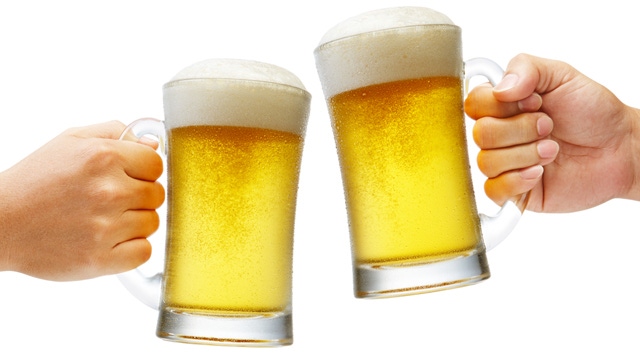Each day at 5 p.m. we collect the five top food and supplement headlines of the day, making it easy for you to catch up on today's most important natural products industry news.
March 15, 2021

Revisiting the low- and no-alcohol beverage market ahead of St. Patrick's Day
No- and low-alcohol beverages have seen largely positive growth—even as regular alcohol sales took a hit because of COVID-19 closures—with volume consumption increasing approximately 1% in 2020. Beer and cider currently dominate the segment (92%), and sales numbers show nonalcoholic beer sales in the U.S. were up 38% in 2020. Beverage giant PepsiCo announced last month it would try to capture some of these sober-curious sales, largely driven by millennials and Gen Z, with a line of nonalcoholic cocktail mixers called Neon Zebra that touts sustainable packaging, real juice and no artificial sweeteners. The Food Institute reports.
What will it take for farmers to grow more organic cotton?
Organic shoppers have historically splurged on food rather than clothes grown with organic materials, but a 2019 study from Nielsen found that 73% of global consumers would be willing to adjust their consumption habits to reduce their environmental footprint. This means organic textiles are about to get bigger, especially cotton, which has seen a 12% annual growth rate in recent years. And thank goodness for that—conventionally grown cotton is one of the most chemically intensive crops to produce, and organic producers of cotton have been shown to use less water as well. Get the story at Civil Eats.
The hidden cost of growing pot
Researchers are discovering that indoor cannabis and hemp farming is a major source of greenhouse gas emissions. Surprisingly, those emissions can vary greatly by region and are closely tied to the weather outside of the warehouses (the worse it is for growing, the more energy it takes to make the climate inside hospitable for the plants). For instance, in Denver, Colorado, just one year after marijuana was legalized the industry accounted for 1% of the city's total electricity use, and it rose to 4% after five years. Learn more at Modern Farmer.
Kroger 'soft opens' first Ocado-powered automated warehouse
Kroger has “soft opened” the first of its Ocado-powered automated Customer Fulfillment Centers in Monroe, Ohio, CEO Rodney McMullen said during an earnings call last week. It's a smart move, given that online grocery sales are projected to hit $250 billion and take up 21.5% of total grocery sales by 2025. Retailers like Walmart are diving into automated order fulfillment as well in anticipation of sustained online grocery shopping habits. Delve into the details at The Spoon.
Unilever bans the word 'normal' from advertising efforts
Unilever announced it will no longer use the word "normal" in its advertising, packaging and other forms of marketing communications after new consumer research showed that seven in 10 people feel the word carries a negative connotation. "Participants also told us that they wanted to see a more inclusive range of people reflected by beauty and personal care brands," the company stated, adding, "The majority said the industry still has some way to go to better represent people of various body types, people from different age groups, people from different ethnicities and people from the LGBTQIA+ community." MediaPost has the scoop.
About the Author(s)
You May Also Like


